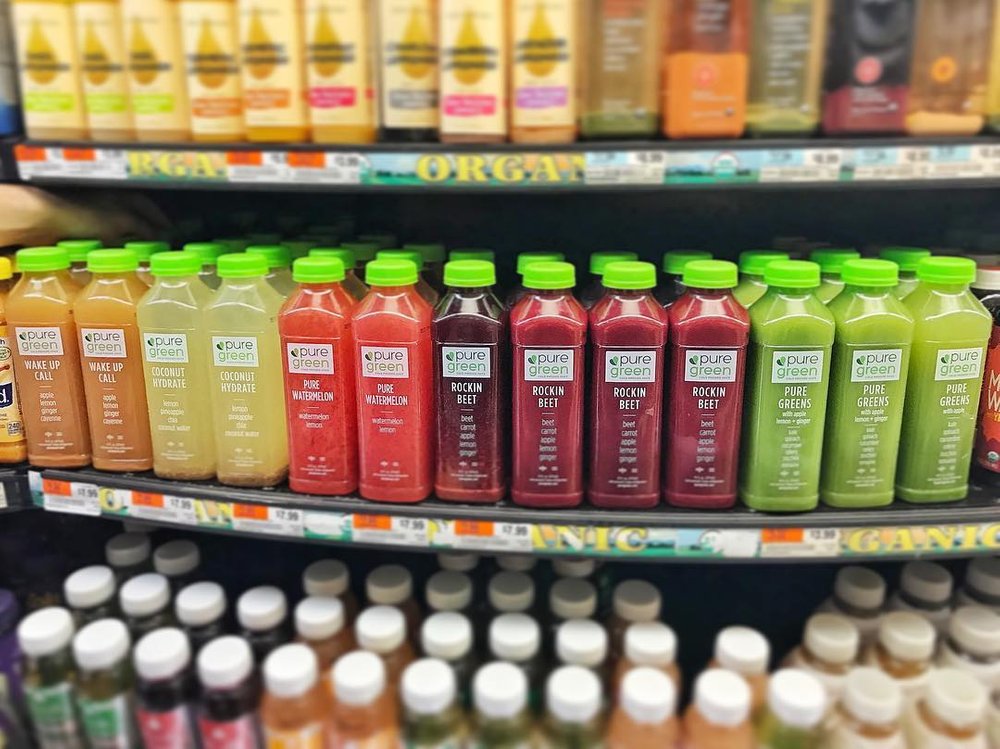Elite athletes will likely take a personal approach to nutrition. Their diets are carefully planned and tested and are often backed by the latest studies. This trend has been growing rapidly over the last few years.
The modern-day Olympians’ meticulous approach to diet and food is in stark contrast with some of the first ancient Greek athletes. Charmis was the Spartan who won the Olympic short sprint 668BC. Reports that he ate a diet of dried fruit throughout the games. Other early Olympians ate barley bread and cheese.
How to eat as an Olympian? HandmadePictures/Shutterstock
Pythagoras, the ancient Greek trainer – who is not to be mistaken with the famous Greek mathematician and philosopher – introduced meat eating into athletes’ diets in the middle fifth century. Dromeus, a middle-distance runner from Stymhalos, was the first athlete to include meat in his training. He won two Dolichos races (long-foot races) in Olympia and at the Pythian games. Three victories were achieved at Isthmian and five at the Nemian Games.
Modern eating methods
In 1936, the first detailed record of the dietary intake at the modern Olympic Games appeared in Berlin. A study of athletes’ dietary habits revealed that most ate two steaks per meal and occasionally poultry. This equated to nearly half a kilo of meat consumed daily. Pre-event meals included three steaks and eggs, as well as meat extract.
In the study, it was also discovered that other athletes stressed the importance of a high-carbohydrate diet. The Brits consumed large amounts of porridge, while the Italians consumed pasta. The reports of athletes eating diets high in carbohydrates, consuming 6,700-7300 calories per day, further confirmed this. This was perhaps the first evidence of sports and event-specific nutritional needs, but unfortunately, neither study correlated food consumption with sporting events or performance outcomes.
What better way to start the day than with a win? Flaffy/Shutterstock
Carbohydrates are a great way to improve endurance, such as in marathon running. Athletes need to consume carbohydrates to help improve their endurance during events lasting 60-90 minutes. It is now advised that endurance athletes should consume carbohydrates between 24 and 36 hours prior to competition. This would mean 650 grams per day for a 65kg athlete, spread over multiple meals.
Along with pre-feeding and taking in carbohydrates while participating in an event, it can also improve the physical, cognitive, and technical aspects. In events lasting 30 to 60 minutes, swishing a carbohydrate-based solution around your mouth and spitting it out may be sufficient to keep your body working that bit longer.
Strategic periods of increased protein and reduced carbohydrates may be more beneficial in relation to exercising.
Event-specific diets
Nutritional strategy can be used to enhance events that require high intensity and short duration, such as sprint cycling on the track. Athletes often take the naturally occurring amine beta-alanine as a nutritional aid. Can enhance high-intensity exercises because they balance the pH of muscles, which drops naturally during these types of exercise. A drop in pH can lead to fatigue. Supplementing with beta-alanine prevents this fatigue from occurring so quickly.
Beetroot Juice is also gaining attention for its potential performance-enhancing effects. It is possible to improve exercise capacity if you drink it before and after exercise (for a period of up to two hours). By drinking beetroot, an athlete will become more efficient in their performance.
Beetroot juice increases stamina because it makes muscles more efficient. versa/Shutterstock
Performance nutrition is also a way to help prevent illness. It can do this by providing the right amount of energy, macronutrients, and nutrients to match training needs and avoid fatigue. Recent studies suggest that prebiotics and probiotics also benefit athletes by enhancing the immune system. This can reduce the number of upper respiratory infections, especially during the winter months when training and competing are most prevalent.
In the quest for Olympic glory, nutrition is only one weapon in an athlete’s arsenal. Food has been considered an important part of performance since ancient Greece. With a growing body of evidence that shows performance nutrition can make the difference in placing on the podium, athletes should carefully consider the food they put into their bodies. After all, as the old saying goes, “You are what you eat” – this is certainly true of our medal-winning athletes.



